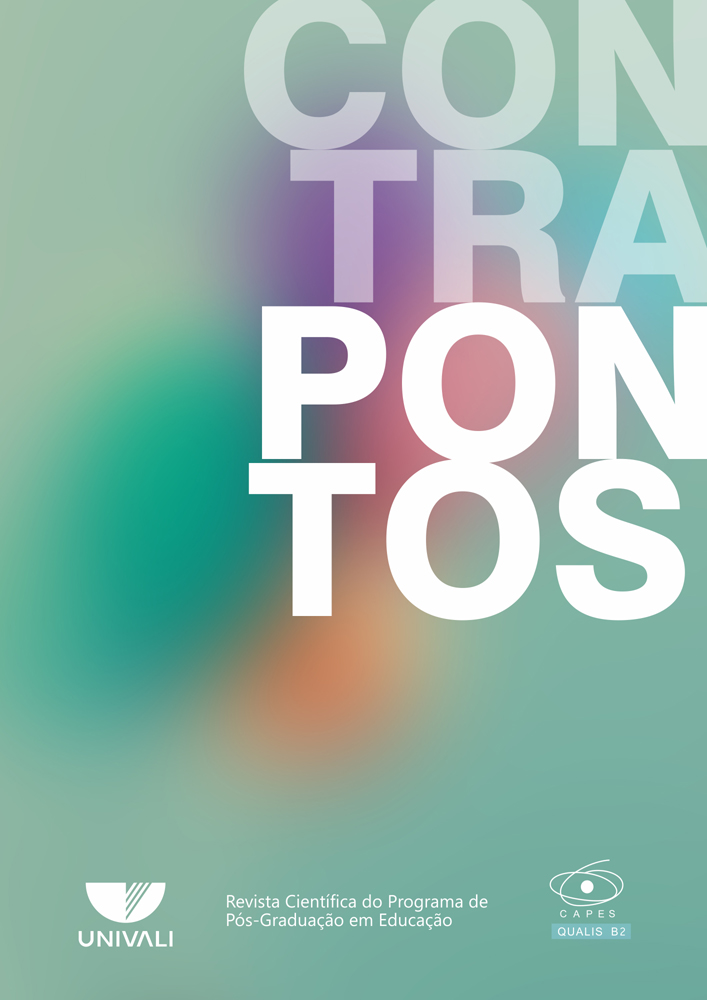PESQUISA EM EDUCAÇÃO AMBIENTAL: POR UMA EPISTEMOLOGIA DA VIDA
Data de publicação: 07/03/2021

Neste artigo, apresentamos os modos de pensar descritos por Heidegger (2003) em diálogo com os modos de pensar do mundo andino (BERMUDEZ, 2016), para discutir elementos de uma ontoepistemologia ambiental (PEREIRA; FREIRE; SILVA, 2019) e que contribuam para uma pesquisa que pretende compreender as relações entre a filosofia, a felicidade e a Educação Ambiental. Os elementos identificados emergiram da escuta e se caracterizam por terem sido elaborados em diálogo com os interlocutores, a partir de narrativas na perspectiva hermenêutica, estando assim organizadas em três categorias: olhar, compreender e conhecer. Parte da compreensão de que viver em um mundo é participar da impermanência das coisas todas, em um projeto inacabado, de verdades temporais e transitórias. Os resultados apontam para a fecundidade da narrativa hermenêutica como possibilidade de elaboração de elementos para a compreensão do ser no mundo, inserindo-os em um debate ontoepistemológico na Educação Ambiental.









